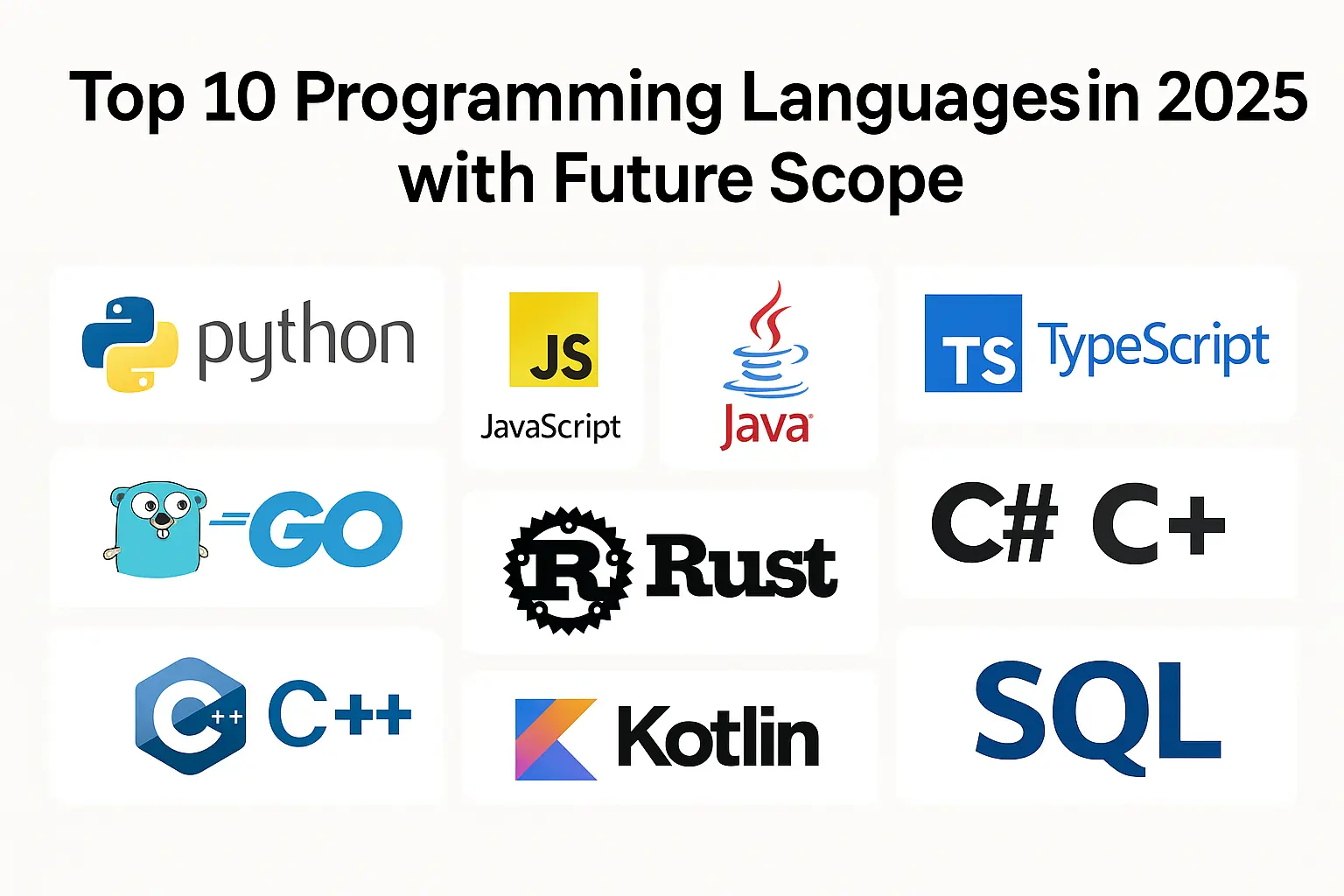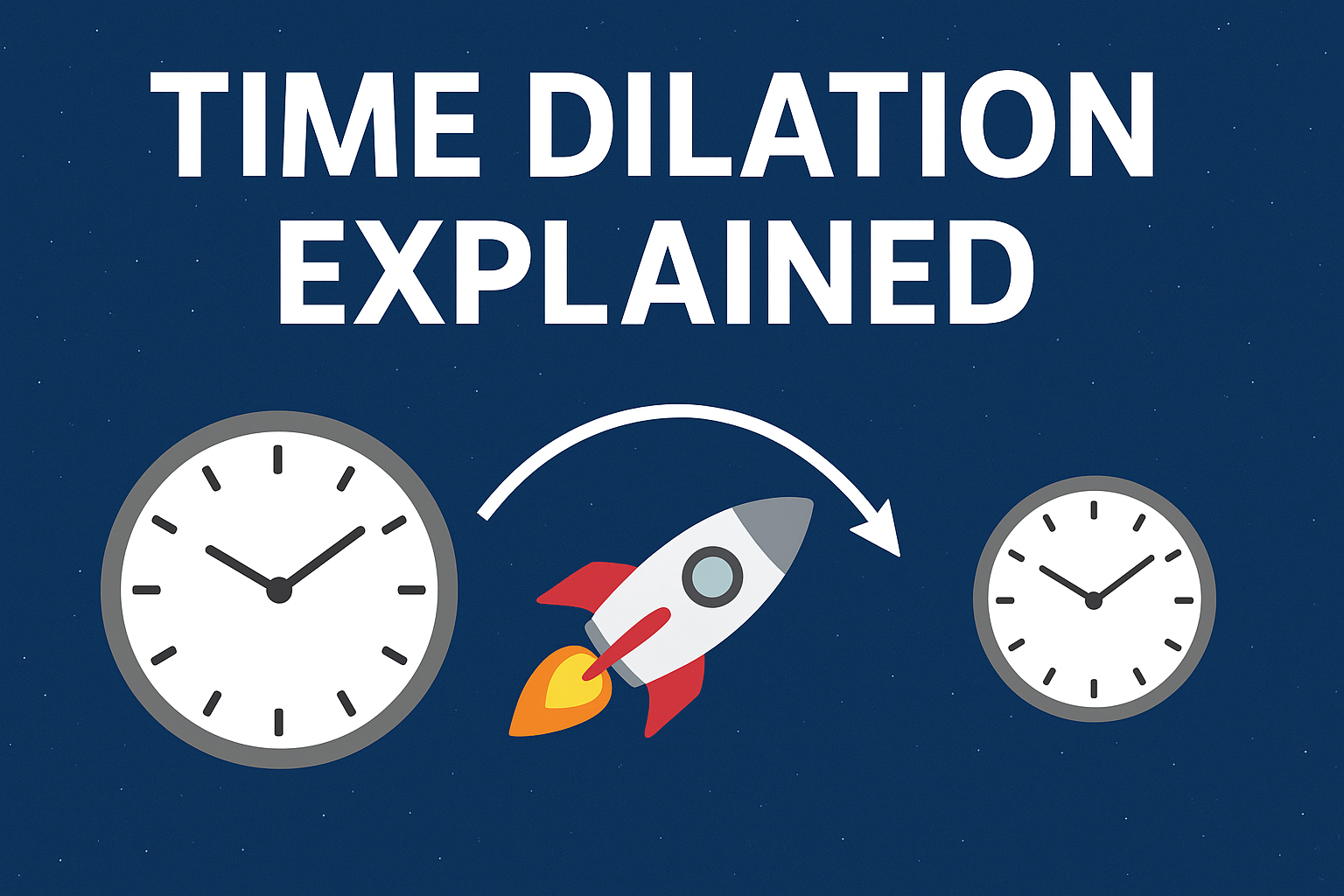
In the ever-evolving landscape of technology, programming languages form the foundation of software development, artificial intelligence, data analysis, cybersecurity, game design, and much more. Whether you're a beginner stepping into the coding world or a seasoned developer planning to upskill, choosing the right language can shape your career. Below is a detailed guide to the top 10 most important programming languages in 2025, covering their real-world applications, job prospects, industries, and future scope.
1. Python
Python continues to top the charts due to its simplicity, readability, and powerful library ecosystem. It is the go-to language for beginners, researchers, and professionals working on cutting-edge technologies.
Core Areas: Data Science, Machine Learning, Artificial Intelligence, Web Development, Automation, Scripting
Popular Frameworks & Tools: Django, Flask, TensorFlow, Pandas, Scikit-learn, NumPy
Industries: Healthcare, Finance, E-commerce, Education, Automation, Research
Job Roles: Data Scientist, Machine Learning Engineer, Python Developer, AI Researcher, Automation Engineer
Future Scope: Python's usage in AI, deep learning, and cloud-based automation will continue to grow. It's also crucial in cybersecurity and IoT devices.
2. JavaScript
JavaScript is the backbone of the modern web. It enables interactive, dynamic web applications and is supported by all major browsers. With Node.js, JavaScript now powers full-stack development.
Core Areas: Frontend & Backend Web Development, UI/UX Design, Progressive Web Apps, Real-time Applications
Popular Frameworks: React.js, Angular, Vue.js, Node.js, Express.js
Industries: IT Services, SaaS, Social Media, Media & Publishing, Freelance Platforms
Job Roles: Frontend Developer, Full-Stack Developer, Web Application Engineer, UI Developer
Future Scope: With frameworks like Next.js and Nuxt, JavaScript will continue to dominate web platforms and interactive interfaces.
3. Java
Java has stood the test of time. Known for its portability, reliability, and security, it's used in a wide array of applications—from mobile to enterprise systems.
Core Areas: Android Development, Enterprise Applications, Cloud Computing, Embedded Systems
Popular Frameworks: Spring Boot, Hibernate, Apache Maven
Industries: Banking, Insurance, E-commerce, Mobile Apps, Government Services
Job Roles: Android Developer, Java Backend Engineer, Software Architect, Enterprise Software Developer
Future Scope: Java remains key in enterprise environments. With Spring Boot and cloud-native support, Java will evolve for scalable backend systems and microservices.
4. TypeScript
TypeScript enhances JavaScript by introducing static typing, making code more robust and maintainable in large applications. It’s increasingly preferred for large-scale development teams.
Core Areas: Scalable Frontend Development, Type-safe Web Applications, Serverless APIs
Popular Frameworks: Angular, React with TypeScript, NestJS
Industries: Enterprise SaaS, Tech Startups, Fintech, Cloud Services
Job Roles: Frontend Developer, UI Architect, Full Stack Engineer, TypeScript Developer
Future Scope: TypeScript’s growing popularity is driven by its ability to catch errors during development, making it ideal for teams and long-term projects.
5. C++
C++ is a powerful, high-performance language used in system-level development and applications where speed and control over memory are crucial.
Core Areas: Game Development, Embedded Systems, High-performance Computing, Operating Systems
Popular Frameworks & Tools: Unreal Engine, QT, OpenGL, Boost
Industries: Gaming, Automotive, Aerospace, Defense, Robotics
Job Roles: Game Developer, Firmware Engineer, System Architect, Embedded Software Developer
Future Scope: C++ remains irreplaceable for low-latency applications and is still used by major companies like Microsoft, Intel, and Adobe for core systems.
6. Go (Golang)
Go, developed by Google, is known for its simplicity, concurrency support, and speed. It’s ideal for cloud infrastructure, DevOps, and scalable backend systems.
Core Areas: Cloud Native Development, Microservices, DevOps, System Programming
Popular Tools: Docker, Kubernetes, Terraform, Prometheus
Industries: Cloud Computing, DevOps, Infrastructure, Financial Tech
Job Roles: Backend Engineer, Cloud Platform Developer, DevOps Engineer, Site Reliability Engineer
Future Scope: Go is increasingly adopted for backend services and cloud-native applications due to its performance and ease of deployment.
7. Rust
Rust is a modern systems programming language that provides memory safety without sacrificing performance. It’s highly favored for critical systems where reliability is key.
Core Areas: Operating Systems, Embedded Development, WebAssembly, Blockchain
Popular Tools: Cargo, Actix, Rocket, Substrate
Industries: Cybersecurity, Web3, Cloud Infrastructure, Operating System Development
Job Roles: Blockchain Developer, Systems Programmer, Embedded Systems Engineer, OS Developer
Future Scope: Rust is backed by Microsoft, Amazon, and Meta. It’s becoming the go-to alternative to C/C++ for secure systems.
8. C#
C# is a modern, versatile programming language developed by Microsoft. It is used across a wide range of applications, including enterprise software and games.
Core Areas: Game Development, Desktop Applications, Web APIs, Windows Services
Popular Frameworks: .NET Core, ASP.NET, Unity
Industries: Gaming, Corporate IT, Education, Government Solutions
Job Roles: .NET Developer, Game Developer, Software Engineer, Desktop App Developer
Future Scope: With .NET Core becoming cross-platform, C# is still growing strong, especially for Windows and Unity-based development.
9. Kotlin
Kotlin, officially supported by Google for Android development, combines simplicity and modern syntax with full interoperability with Java.
Core Areas: Android Apps, Mobile Backend, Cross-platform Mobile Development
Popular Frameworks: Ktor, Jetpack Compose, Kotlin Multiplatform
Industries: Mobile Development, Fintech, Social Apps, Startups
Job Roles: Android Developer, Kotlin Backend Developer, Mobile App Developer
Future Scope: Kotlin is expanding into backend and cross-platform spaces, making it valuable for mobile-first products and teams.
10. SQL
SQL (Structured Query Language) is the foundation of data manipulation and analytics. Almost every application today uses SQL in some form.
Core Areas: Data Analytics, Backend Development, Data Warehousing, Business Intelligence
Popular Systems: MySQL, PostgreSQL, Microsoft SQL Server, SQLite
Industries: E-commerce, Healthcare, Business Intelligence, Data Engineering
Job Roles: Data Analyst, Database Administrator, Business Analyst, Backend Developer
Future Scope: SQL will remain critical in handling structured data and is a required skill for almost all tech jobs involving data.
Conclusion
The technology field in 2025 demands versatile, efficient, and secure programming languages. Whether you want to build mobile apps, run machine learning models, develop games, or manage big data — there is a language tailored for your path. Python, JavaScript, and Java provide universal access to numerous fields, while Rust, Go, and Kotlin offer cutting-edge performance and modern programming paradigms. Mastering the right languages based on your career goals can significantly improve your job prospects and long-term growth.




